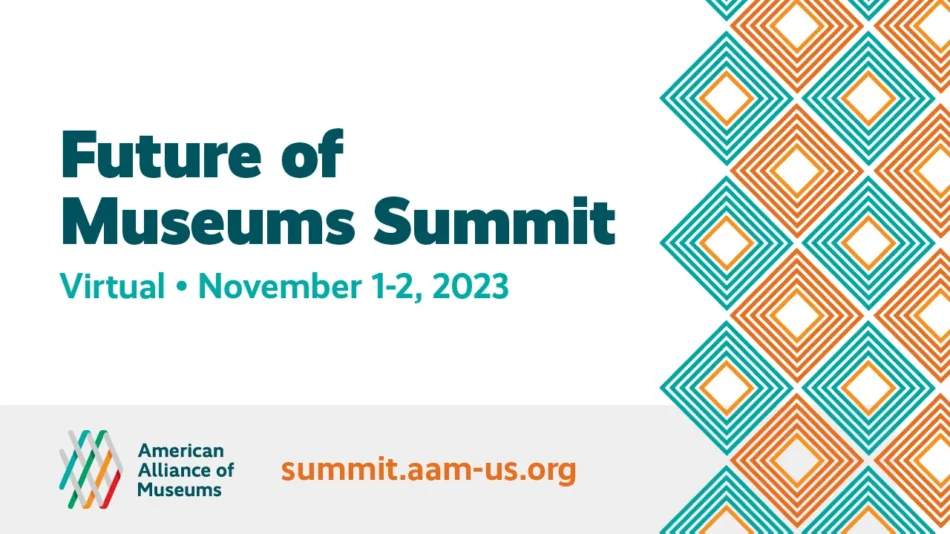The inaugural Future of Museums Summit, presented by the American Alliance of Museums, is taking place November 1 and 2 virtually. The conference will “explore four themes from the current edition of TrendsWatch: the evolution of digital practice, workplace trends, the growing partisan divide, and recent developments in repatriation, restitution, and reparations.” I have the pleasure and honor of leading one of the discussions, entitled “Navigating Partisan Tensions in Museums.”
Participants in this session will delve into the phenomena of how the ongoing nationwide political climate and the evolving “culture wars” are profoundly resonating within museums. These tensions influence not only museum operations but also their very essence, extending to critical discussions about equity measures, disputes over historical interpretations, and differing perspectives on cultural values, among other contentious issues. Engaging in open dialogue, attendees will aim to gain a deeper understanding of the underlying tensions affecting these institutions.
Joining me for this discussion, which will take place on November 2 at 2:05 PM EDT, are Jorge Zamanillo, Founding Director of the Smithsonian’s National Museum of the American Latino, and Christy Coleman, Executive Director of the Jamestown-Yorktown Foundation.
Also, be sure to check out the Big Idea talk immediately before our session, featuring my colleague Bill Hart-Davidson, Associate Dean for Research and Undergraduate Education at Michigan State University. His talk is titled “When Robots Learn to be Creative, What Happens to Informal Learning?” and will be moderated by Nancy Proctor, Director of the Peale Center for Baltimore History and Architecture.
The proliferation of AI, particularly Large-Language Models, has rapidly emerged as a transformative force in formal education. This presentation explores the factors driving the increasing influence, accessibility, and impact of generative AI models in reshaping formal learning, while also considering their potential implications for informal learning within museums. We will delve into four suggested changes that museum professionals should contemplate, spanning user experience, programming, policy, and ethics, as we envision a future where human creativity collaborates with non-human agents.
